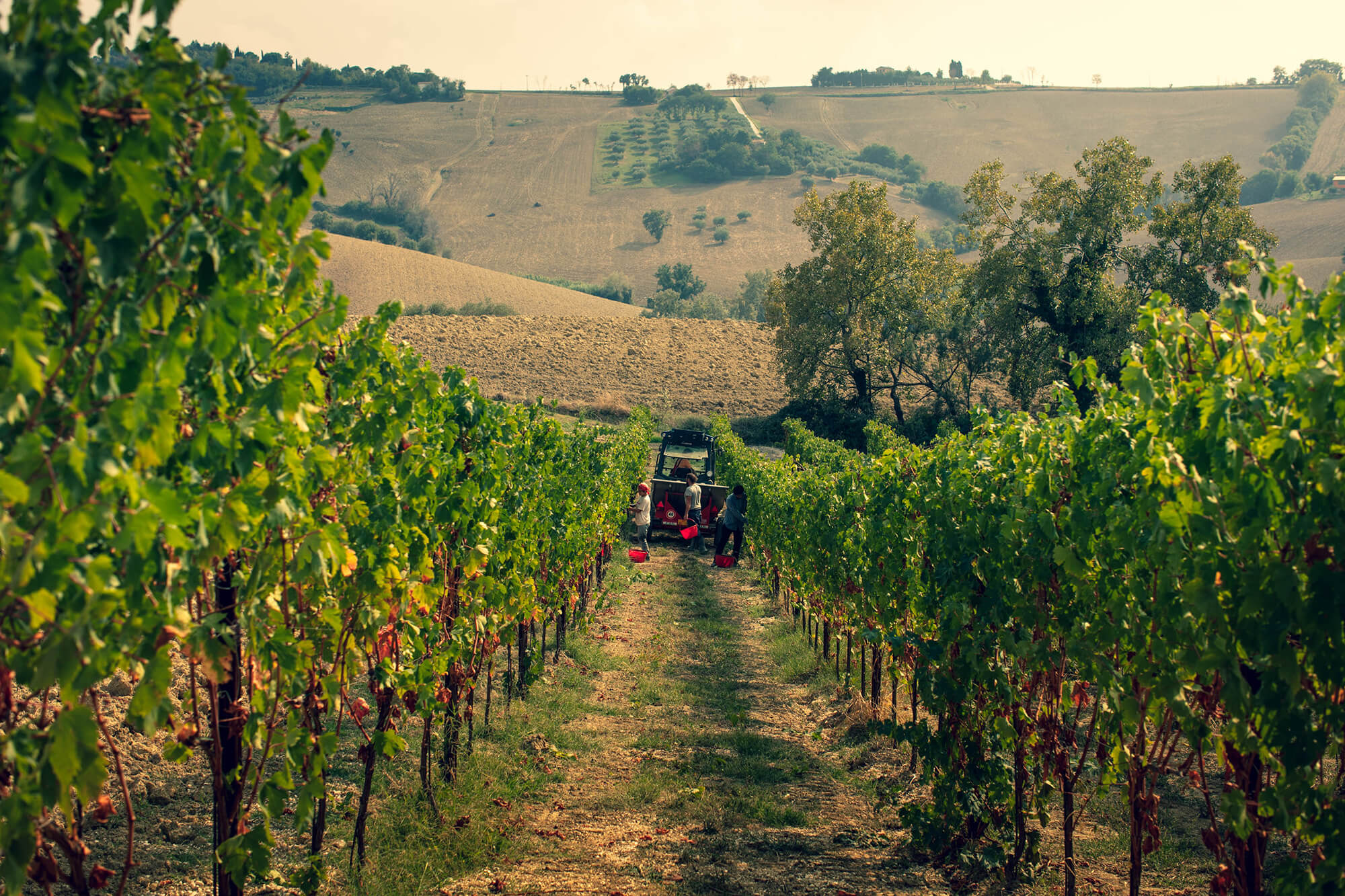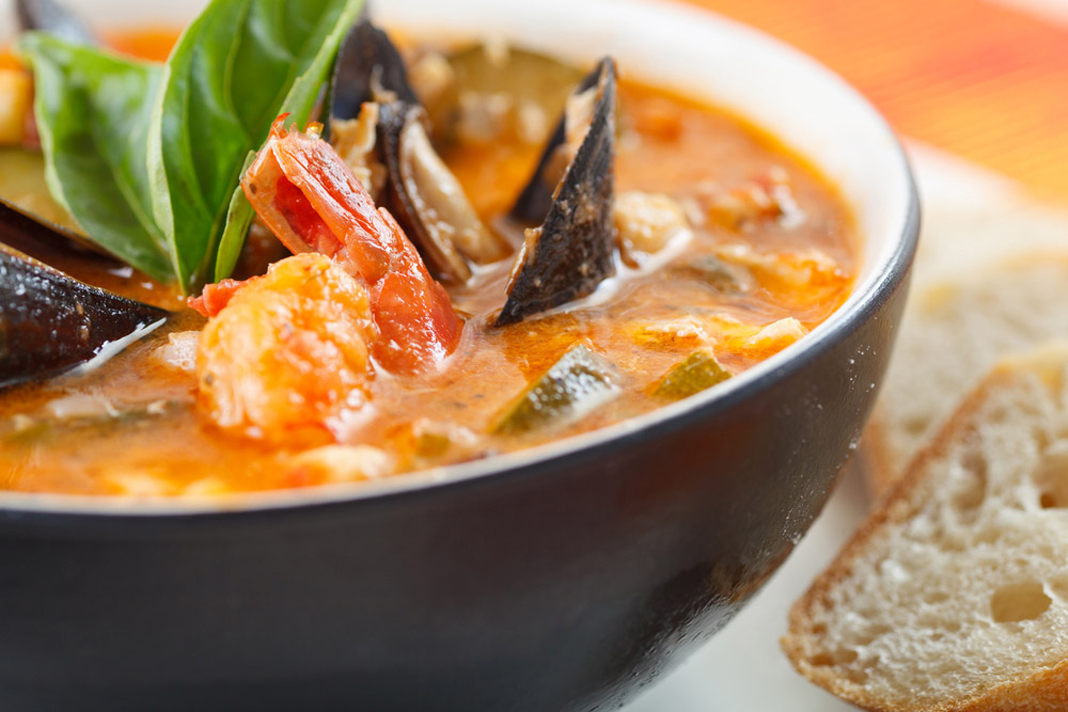Italy, with its plethora of wine-producing regions, offers countless stories of varietals that echo regional pride and character. Verdicchio dei Castelli di Jesi, originating from the Marche region on the eastern coast, is one such narrative. This appellation is celebrated for its production of Verdicchio, a grape variety that beautifully reflects its environment, history, and the culinary traditions of its homeland.
Italy, with its plethora of wine-producing regions, offers countless stories of varietals that echo regional pride and character. Verdicchio dei Castelli di Jesi, originating from the Marche region on the eastern coast, is one such narrative. This appellation is celebrated for its production of Verdicchio, a grape variety that beautifully reflects its environment, history, and the culinary traditions of its homeland.
History: The history of Verdicchio in the Marche region traces back to ancient times. Historical records suggest that the Etruscans first cultivated the Verdicchio grape, a testament to its enduring presence in Italian viticulture. Over the centuries, the wine’s reputation grew, with its peak in the Renaissance era when it was highly favored in noble courts. The wine’s modern resurgence and its DOC recognition in 1968 have firmly positioned Verdicchio dei Castelli di Jesi as a hallmark of Marche’s wine heritage.
Geography: The geographical expanse of Verdicchio dei Castelli di Jesi stretches across the gentle hills surrounding the town of Jesi, located inland from the Adriatic Sea. This proximity to the sea, combined with the protective barrier of the Apennine Mountains, offers a perfect microclimate. The sea breezes and the diurnal temperature variations play a pivotal role in preserving the acidity and aromatic profile of the Verdicchio grape.
Geology: Verdicchio dei Castelli di Jesi’s soil composition primarily consists of calcareous clay with patches of limestone and sand. This unique geological footprint, a result of sedimentary processes of ancient marine life, imparts a pronounced mineral character to the wines. The soils are well-draining, ensuring that the vines are not waterlogged, fostering healthy root systems and contributing to the wine’s distinctive characteristics.
Food: Marche’s culinary heritage is a delightful blend of land and sea. Given its coastal geography, seafood dishes, such as brodetto (fish stew), are predominant. However, the hilly terrains offer robust flavors of cured meats, cheeses, and olives. The region is also famous for dishes like vincisgrassi, a rich type of lasagna. Verdicchio, with its high acidity and minerality, pairs harmoniously with this diverse gastronomic palette, enhancing both the flavors of the sea and the earth.
Wine: Langhe’s global reputation in the wine arena is unparalleled. The region is home to Italy’s most iconic wines, Barolo and Barbaresco, often referred to as the “King” and “Queen” of Italian wines respectively. Made from the Nebbiolo grape, these wines are cherished for their depth, longevity, and complexity. However, the region’s viticultural prowess isn’t limited to reds. Wines made from Dolcetto and Barbera grapes offer a more approachable, fruit-forward profile. Additionally, the white Arneis and Moscato d’Asti showcase the region’s diversity and adaptability in winemaking.
WINERIES




